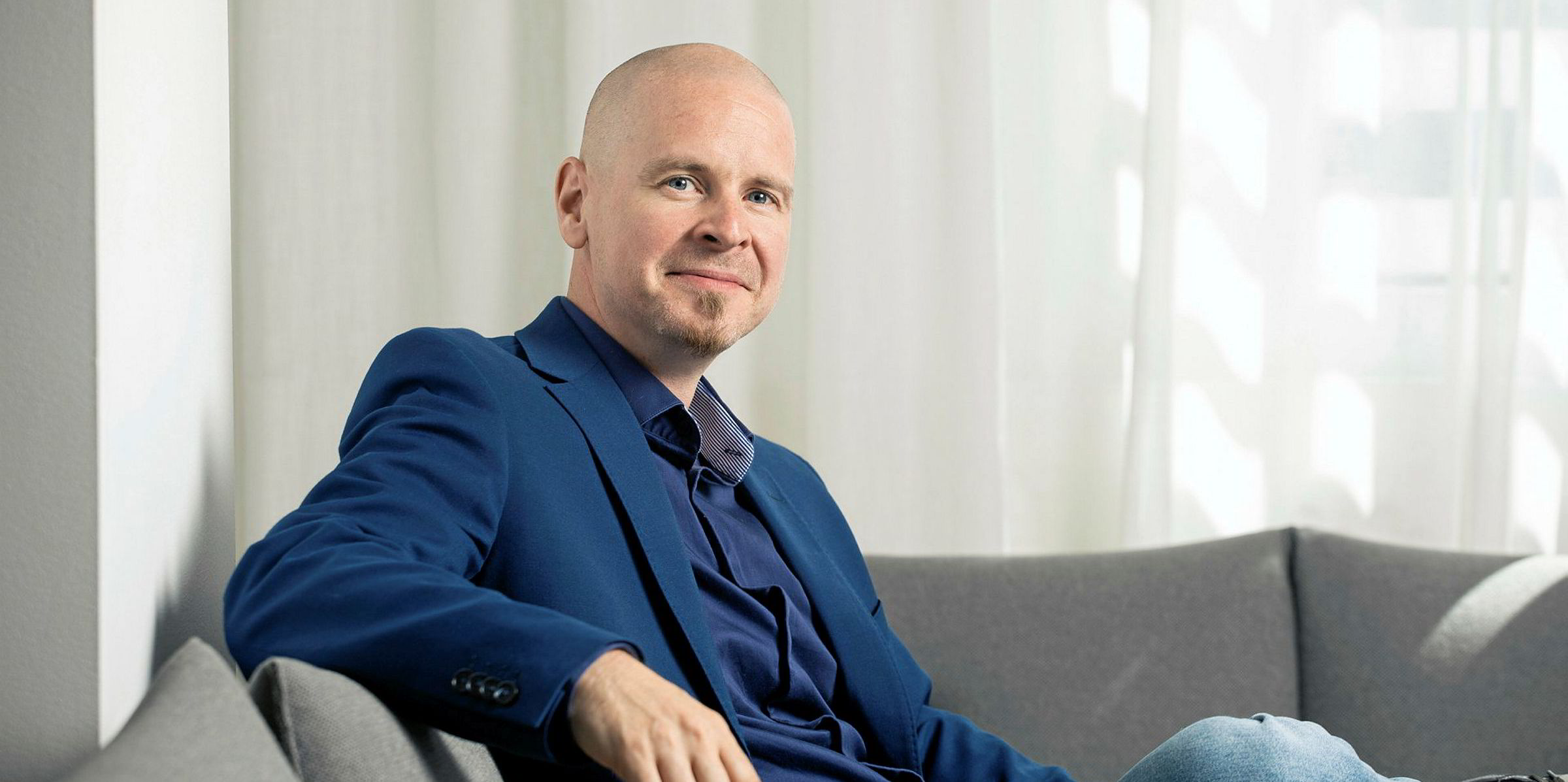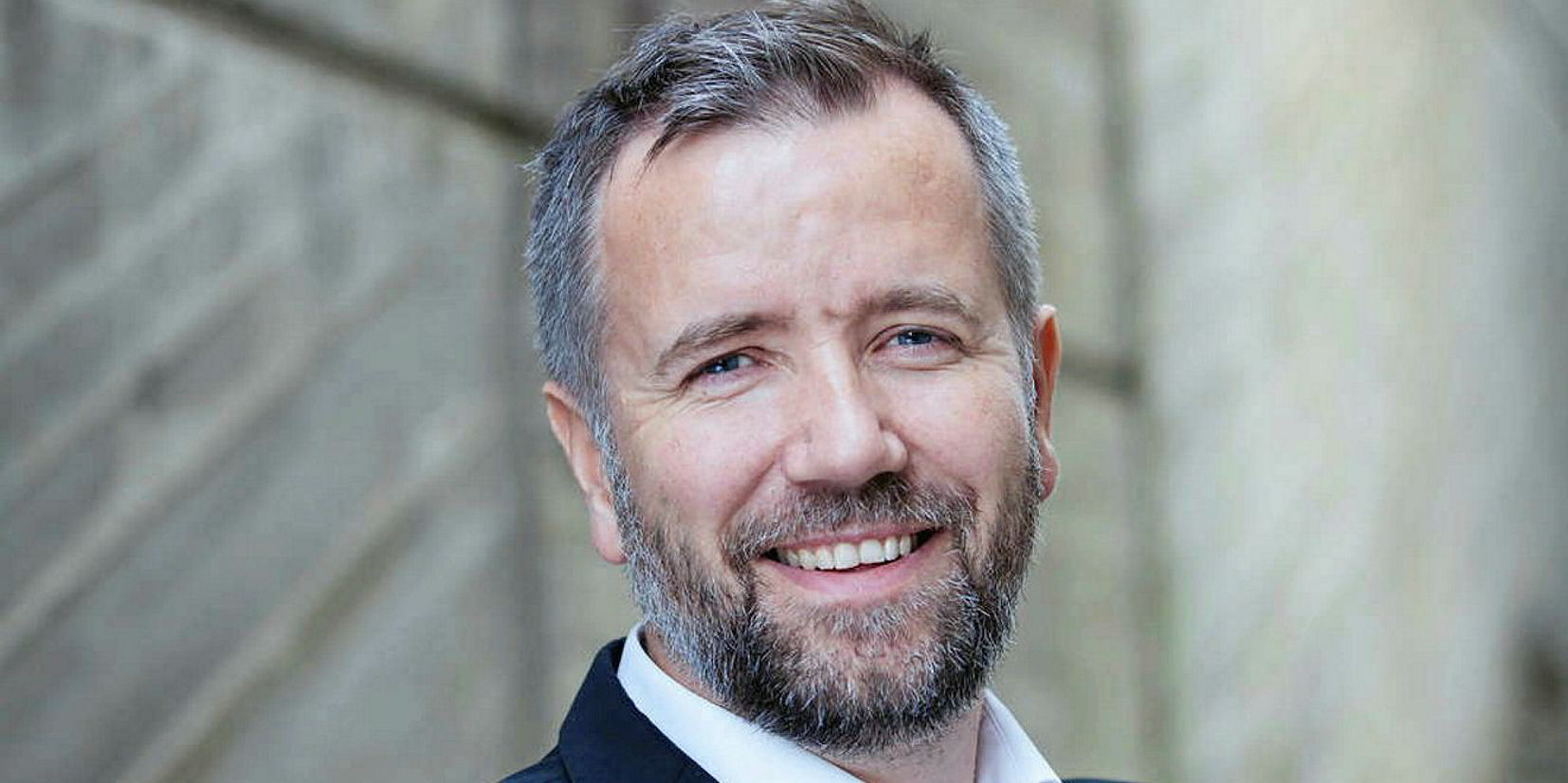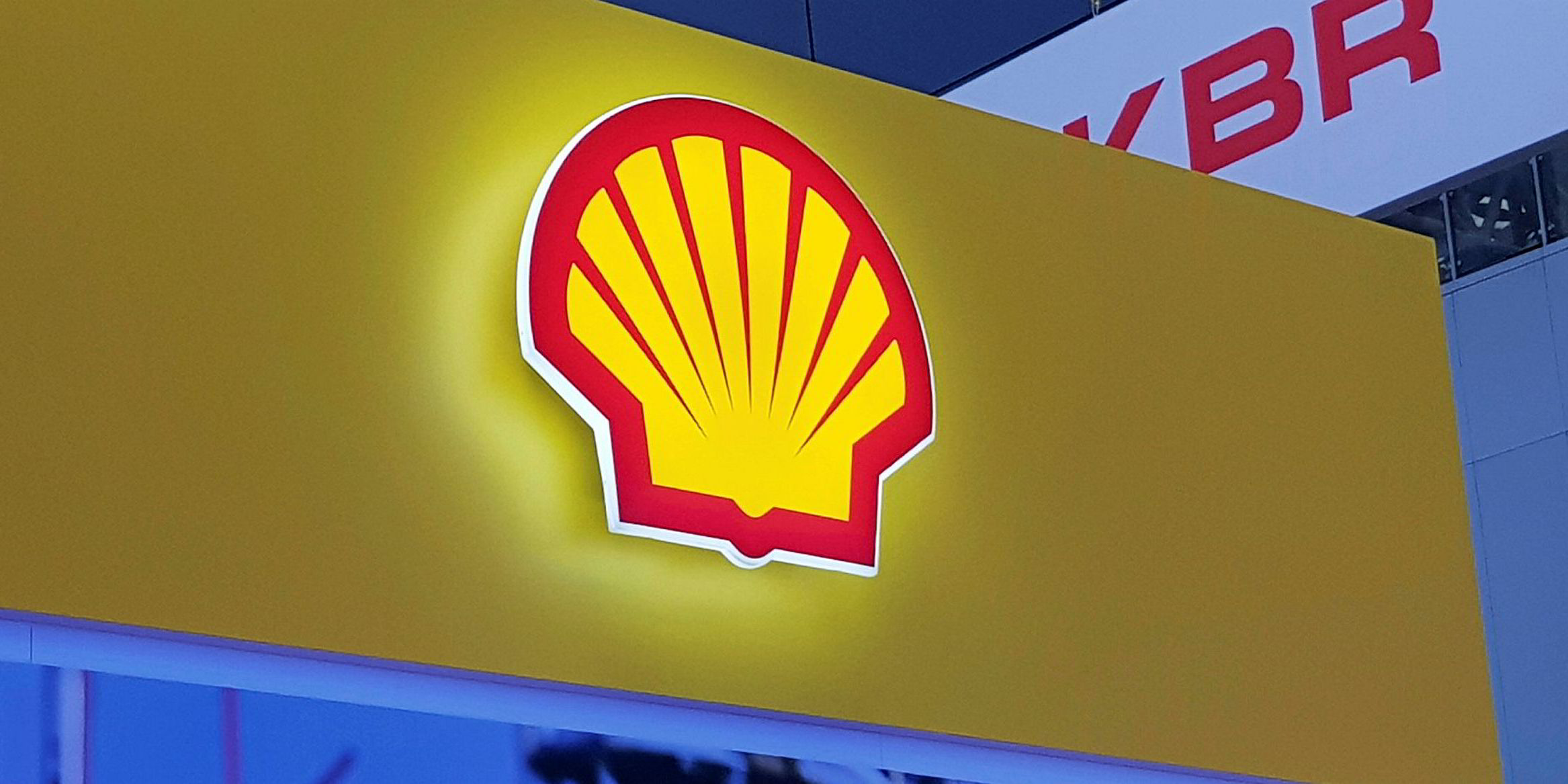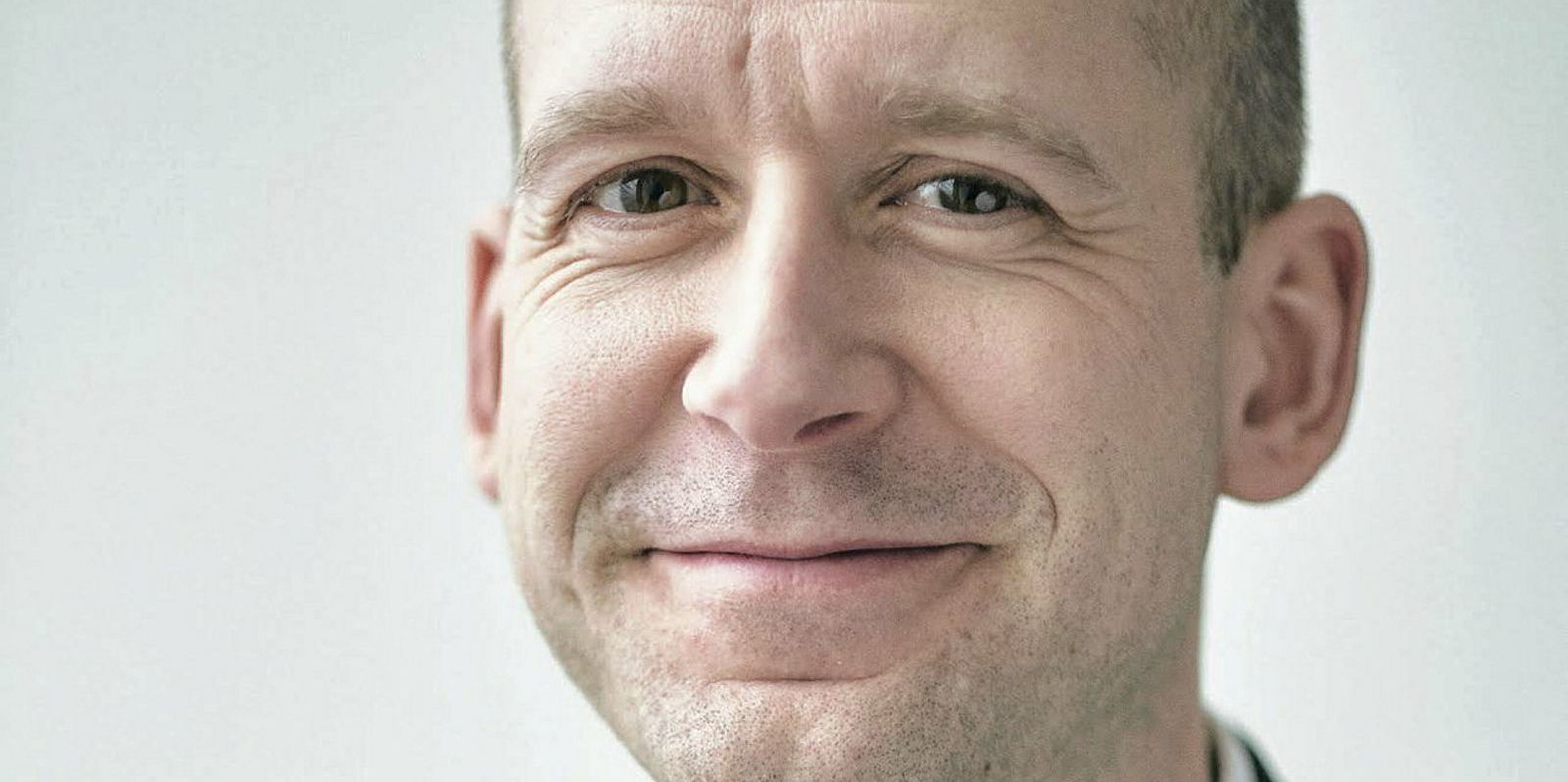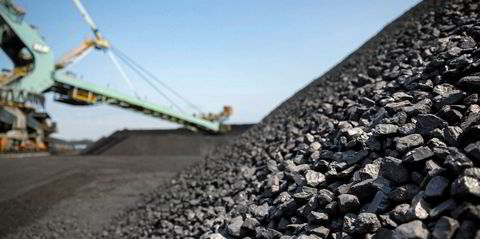Finnish ports systems group Cargotec took part in the two Rainmaking trade and transport accelerator cycles in 2019, with the second in the autumn leading to a pilot project with Brazilian technology scale-up i4Sea, for which the two partners have great hopes.
Cargotec director for emerging digital business Tero Hottinen told TradeWinds the group recognised it needed help to identify which of all the new technologies being developed globally could help it offer its customers valuable new services.
Rainmaking differs from traditional accelerators with a corporate perspective, he said, the process seeking to achieve concrete results by focusing on core areas of strategic importance to companies, scouting out the best fits for them and facilitating collaboration.
Smart system
i4Sea — which was set up by oceanographers to develop a smart system that predicts ocean and weather conditions and their influences on vessel operation — was a firm that Cargotec had heard of but did not know.
Bruno Balbi, chief executive of i4Sea, said it had recognised there was a lack of information about how sea and weather states affected how safe it was for ships to enter or leave ports and the level of loading they could undertake in the conditions.
It worked with four Brazilian ports to build a system that could better monitor and then forecast conditions and vessel parameters.
“When we sat down with Bruno, it was evident that this was something our customers had been requesting,” said Hottinen, and that there was a way to enhance its existing Navis berth window management tool.
Ports typically forecast conditions from tide tables, but by using sensors at or near terminals to measure weather and sea states, and then merging that information with standard forecasts and vessel data, a learning algorithm can magnify the picture available to planners.
At the Port of Salvador in Brazil, i4Sea found it could expand the allowable time window for ships to leave or enter a port by five times compared with what the tide tables implied, and allow 800 more containers to be loaded on a vessel because there was a metre more water depth than the tables implied.
Three days of face-to-face detailed discussions with 15 companies at a Rainmaking accelerator session in Hamburg in January led to the two sides identifying each other as potential partners, and six weeks of planning into where and how they could pilot the integration of their systems.
Results revealed
In turn, that has led to the launch of a pilot project to test out the integrated system with an as yet unnamed client and port. The results are expected to be revealed within three months.
Both Hottinen and Balbi are positive about the process they have gone through.
“As a start-up, it’s really, really hard to get to the people who make the decisions in big corporate companies, and being able to sit at the same desk as Tero and his team was like a six-month acceleration to finding out if it made sense to collaborate,” Balbi said.
Hottinen added: “One of the key benefits is it’s much easier to get the engagement of relevant business guys to join, because it is happening right now, right here and they have to be committed if they want to do something.
"Very often when start-ups come through the door it is, ‘Ok yeah, this is interesting and let’s get back to it when we have time’. And that time never comes.”

Cargotec said earlier this year it would review alternative strategic paths for its Navis software business, despite it being profitable, including a possible sale or new ownership structure.
However, Balbi said of the partnership with Navis “that there is a clear integration and value on the joint technology solution”. Hottinen added: “We envision that we will take i4Sea’s offering as part of our overall portfolio and have it as a joint offering.”
Balbi mirrors the sentiment: “We are not now looking for any more accelerator programmes in the short term because we have a lot on our plate to give results and integrate with the partners we have already made. It would be irresponsible to seek out more things because we would be overwhelmed."
Hottinen remains very enthusiastic about the Rainmaking approach, saying it can help the maritime industry move ahead with technology and tackle the massive challenges it has over climate change.
“This is a brilliant tool to engage big corporates from the industry to tackle those aspects in a very meaningful manner: not just talking the talk, but being able to walk the walk — and do hands-on trials of real business cases.”
